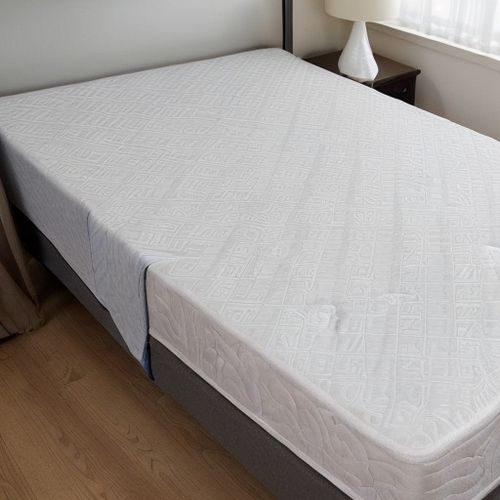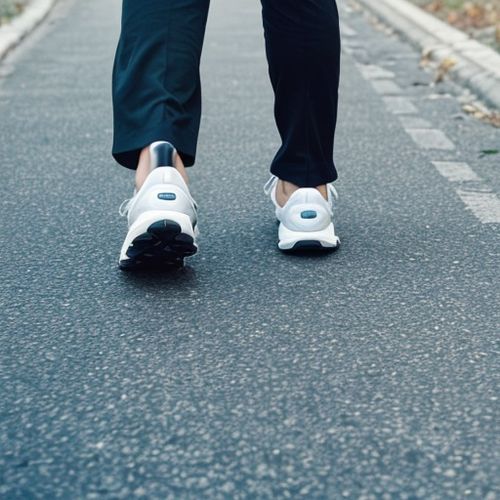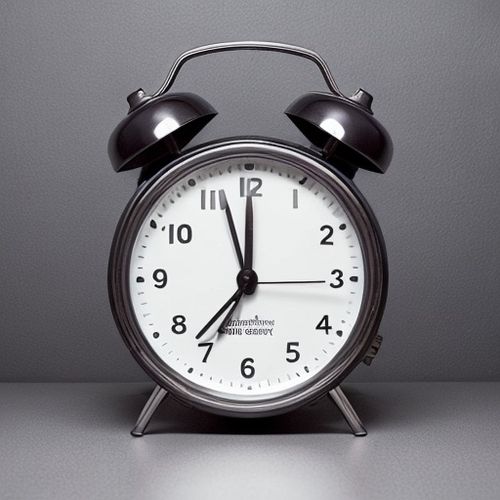We’ve all been there—pulling an all-nighter to meet a deadline, binge-watching a new series, or simply struggling with insomnia. While catching up on sleep is the ultimate remedy, what you eat the next day can significantly influence how quickly you bounce back. The right foods can help replenish lost nutrients, stabilize energy levels, and even mitigate some of the damage caused by sleep deprivation. This guide dives into the science-backed dietary strategies to help you recover faster after a sleepless night.
The Science Behind Sleep Deprivation and Nutrition
When you don’t get enough sleep, your body undergoes several physiological changes. Cortisol levels rise, blood sugar regulation becomes erratic, and your brain craves quick energy fixes—often in the form of sugary or processed foods. These choices, however, can lead to energy crashes and worsen fatigue. On the other hand, certain nutrients can support adrenal function, reduce inflammation, and promote mental clarity. Understanding this connection is key to choosing the right foods for recovery.
Hydration: The First Step to Recovery
Before reaching for food, start with water. Dehydration exacerbates fatigue, and even mild dehydration can impair cognitive function. After a night of poor sleep, your body is likely in need of fluids. Herbal teas, coconut water, or even a simple glass of water with lemon can kickstart rehydration. Avoid excessive caffeine, as it can further dehydrate you and disrupt your sleep cycle later.
Breakfast: Setting the Tone for the Day
Breakfast is critical after a sleepless night. Skip the sugary cereals or pastries, which cause blood sugar spikes and crashes. Instead, opt for a balanced meal with protein, healthy fats, and complex carbohydrates. Eggs with avocado and whole-grain toast, or a smoothie with Greek yogurt, spinach, and berries, provide sustained energy. These foods supply tyrosine, an amino acid that supports dopamine production, helping you stay alert.
Smart Snacking for Sustained Energy
Mid-morning and afternoon slumps are common after poor sleep. Instead of reaching for candy or chips, choose snacks that stabilize blood sugar. Nuts, seeds, or hummus with veggies offer protein and healthy fats. Dark chocolate (70% cocoa or higher) can satisfy sweet cravings while providing antioxidants and a mild caffeine boost. If you need something more substantial, a small portion of quinoa or a hard-boiled egg can keep energy levels steady.
Lunch: Focus on Nutrient Density
By lunchtime, prioritize meals rich in vitamins and minerals that support energy metabolism. Leafy greens, lean proteins like chicken or tofu, and whole grains such as brown rice or quinoa are excellent choices. Foods high in magnesium—like spinach, almonds, or black beans—can help relax muscles and reduce stress. Adding a source of omega-3s, such as salmon or chia seeds, may also improve cognitive function and mood.
The Afternoon Slump: Combatting It Naturally
If fatigue hits hard in the afternoon, resist the urge to grab another coffee. Instead, try a small, protein-rich snack like cottage cheese with cucumber or a handful of almonds. Herbal teas like peppermint or ginger can also provide a gentle energy lift without the jitters. A short walk outside can further help by increasing oxygen flow and reducing lethargy.
Dinner: Light but Nutrient-Packed
A heavy dinner can interfere with your next night’s sleep, so keep it light but nourishing. Opt for grilled fish with steamed vegetables or a lentil soup with a side of whole-grain bread. Tart cherries or a banana can be a good dessert option—they contain natural melatonin precursors, which may help regulate sleep later. Avoid spicy or overly rich foods, as they can cause discomfort and disrupt rest.
Supplements and Herbs for Extra Support
While food should always come first, certain supplements may aid recovery. Magnesium glycinate can promote relaxation, while B vitamins support energy production. Adaptogenic herbs like ashwagandha or rhodiola may help the body manage stress. Always consult a healthcare provider before adding new supplements, especially if you have underlying health conditions.
Long-Term Habits for Better Resilience
While these dietary tips can help you recover from a single night of poor sleep, consistent habits are the real game-changer. Prioritizing sleep hygiene, maintaining a balanced diet, and managing stress will reduce the need for emergency recovery measures. Remember, food is a powerful tool, but it’s no substitute for rest.

By Thomas Roberts/Apr 25, 2025

By Daniel Scott/Apr 25, 2025

By Thomas Roberts/Apr 25, 2025

By Daniel Scott/Apr 25, 2025

By Lily Simpson/Apr 25, 2025

By Megan Clark/Apr 25, 2025

By Christopher Harris/Apr 25, 2025

By Amanda Phillips/Apr 25, 2025

By John Smith/Apr 25, 2025

By Michael Brown/Apr 25, 2025

By Daniel Scott/Apr 25, 2025

By Olivia Reed/Apr 25, 2025

By Elizabeth Taylor/Apr 25, 2025

By James Moore/Apr 25, 2025

By John Smith/Apr 25, 2025

By William Miller/Apr 25, 2025

By Daniel Scott/Apr 25, 2025

By Emma Thompson/Apr 25, 2025

By James Moore/Apr 25, 2025

By Ryan Martin/Apr 25, 2025